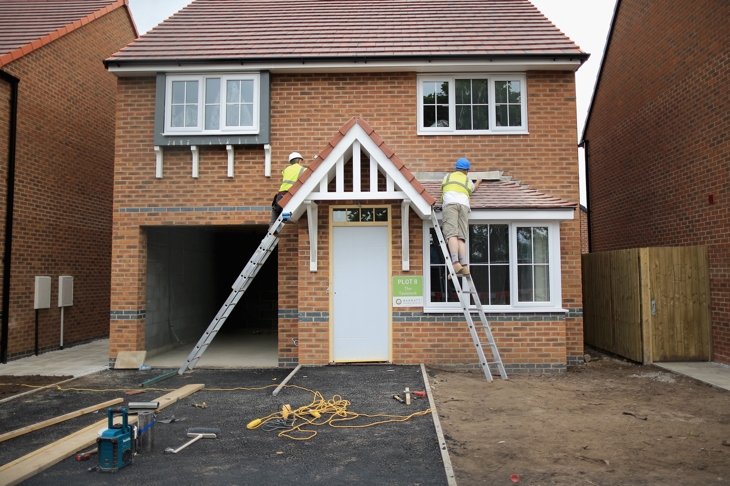Too many Tories have a sense of inevitable defeat at the next general election. They can see what the problems are but are fatalistic about their ability to solve them before 2022.
Sajid Javid isn’t one of these Tories. He quickly grasped that the election result changed the internal Tory debate about housing policy and has been pushing for more radicalism ever since. On Sunday, he went on Andrew Marr to argue that the government should borrow to build. Javid’s argument is the same he made when he was backing Stephen Crabb for leader in 2016, interest rates are so low that it makes sense for government to borrow to invest in infrastructure.
There are those who will be uncomfortable about the idea of the government borrowing even more. There will also be Tories who worry that this borrowing to invest approach concedes too much of the argument to Labour.
But Javid’s case deserves a hearing for several reasons. First, there is a difference between borrowing to invest in infrastructure and borrowing to cover day-to-day spending. Second, given that the housing market is broken, you can’t rely on the market to fix the problem. In the short term, there is a need for the government to get involved as developers—who, obviously, have an interest in keeping prices high—will never bring enough houses to market to substantially alter the price to earnings ratio of housing. Third, if private sector investment in the economy is slowing down because of the uncertainty surrounding Brexit and Britain’s future trading relationship with the EU then there is an argument for the state stepping into the breach.
Politically, one can also make the case that with Jeremy Corbyn and John McDonnell in charge of the opposition, the gap between Labour and the Tories in fiscal terms is so large that even if the Tories were to borrow up to £50 billion to fund a house building programme, there would still be clear blue water between them and Labour.







Comments